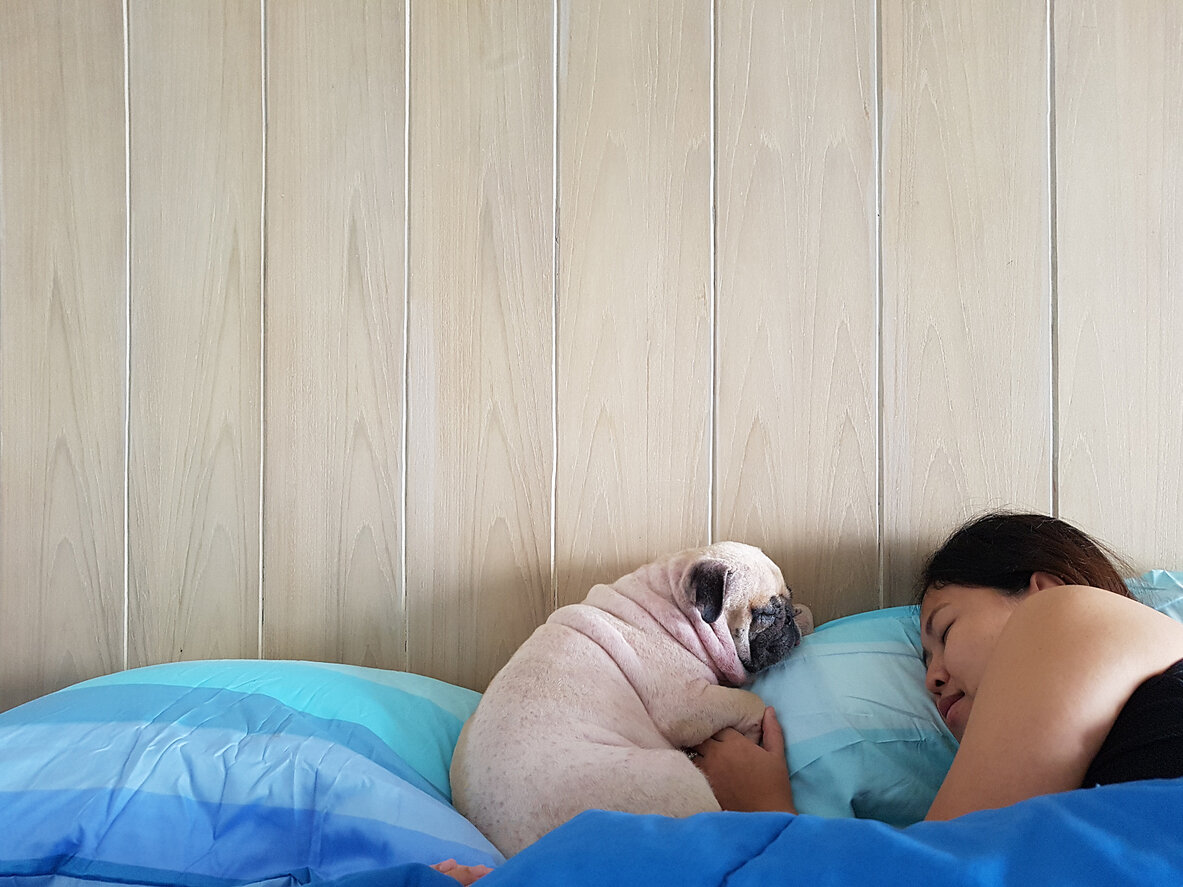How Much Sleep Should a Teenager Get?
You’ve probably noticed that, when given the opportunity, your teenager sleeps a lot. Is this healthy? How much sleep should a teenager get?
Why Do Teenagers Sleep So Much?
If you have strict rules about what time your family goes to bed and wake up, you may want to flex them a bit for your teenager. Kids actually go through a biological shift after puberty that shifts their sleep schedule by about 2 hours. No wonder your teen suddenly wants to sleep in!
Unfortunately, modern life is at often at odds with teenagers’ biological clocks. Most get about 7 hours of sleep per night, but should actually at least 9 hours of sleep, sometimes more. Why do teenagers sleep so much, especially when so many adults can seemingly get away with less?
Let’s start by calling out the elephant in the room—many adults are sleep deprived and also need closer to 8 or 9 hours to function at their best. Beyond that, teenagers are going through tremendous developmental changes, and they need quality sleep for their body and brains to keep up.
Sleep is particularly important for learning. It helps the brain process and store new information, so it’s important that teens spend plenty of time in bed for academic performance.
Sleep Hygiene for Teens
So how do you help your teen hit that lofty goal of 9 hours?
As with adults, basic sleep hygiene applies to teens:
Lower the temperature in your teen’s bedroom before sleep
Avoid caffeine in the afternoon and evening
Eliminate all light sources—even something like an alarm clock can interrupt your teen’s sleep cycle!
Avoid electronic devices for an hour before bed and keep them out of the bedroom. Instead, spend time with an actual book, or even comic book, using a dimmed lamp to read.
Go to bed and wake up at the same time every day
These tips are easy to list but could be hard to act on, especially with a teenager. No doubt your teen has nighttime extracurricular activities, overnight social events, difficulties getting off video games and YouTube, and early school start times.
So what’s a parent to do?
To start, you can model best practices for your teen by prioritizing sleep for yourself.
We also recommend talking to your teenager about the importance of sleep. That way, he or she understands why you are being such a stickler about putting down the phone an hour before bed, etc. Get your teen’s buy-in for sleep hygiene, and do the best you can as a family to respect those limits.
You can’t make up a sleep deficit by sleeping in on the weekends, so it’s worth minimizing the number of activities that disrupt sleep. Maybe the marching band that gets back from out-of-town tournaments at 1 am every weekend isn’t viable, but playing in the concert band is more conducive to a regular sleep pattern.
We would also like to underscore the importance of limiting screen time at night. Do homework earlier, in the afternoon or early evening. Don’t watch TV right before bed. And whatever you do, put the phone down at least an hour before sleep!
These are all hard sacrifices to make, but the rewards are tremendous, especially when it comes to academics and overall mental health.



